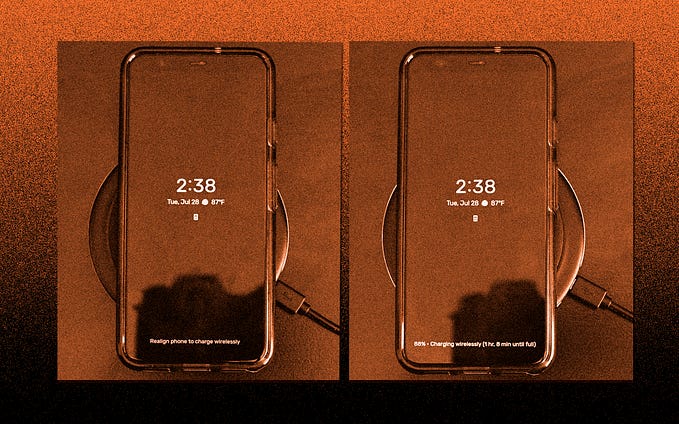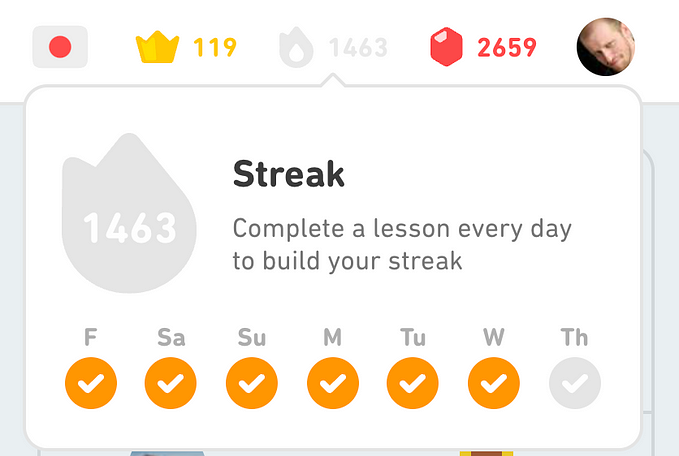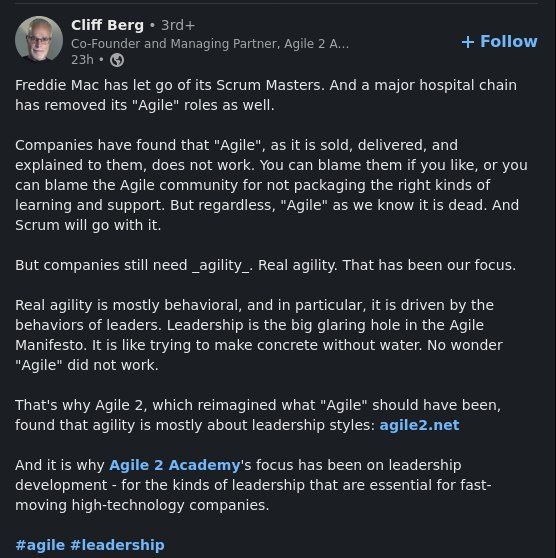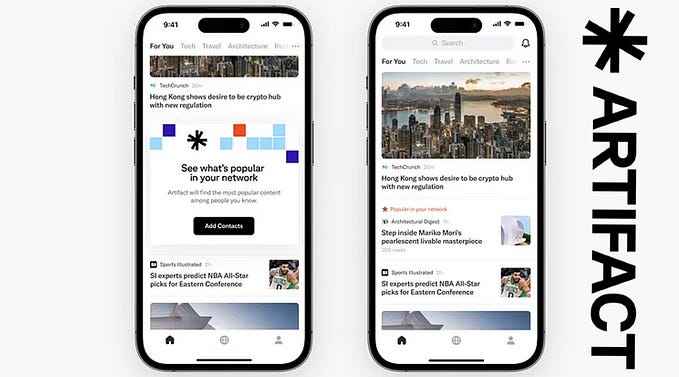5G Laptops with Cellular service which can make phone calls (by dialing a phone number) and reply phone calls like a 5G smartphone , should be introduced into the market and should be a reality , so much so that we can use to make phone calls directly on that 5G Laptop and also receive phone calls directly on that 5G Laptop while we are on a train , on a bus , on a light rail transit , on an aeroplane , in the back of a cab/taxi , etc., etc., just like a 5G smartphone. Once again I would like to reiterate , 5G Laptops that can make phone calls (by dialing a phone number) and reply phone calls just like a 5G smartphone should be a reality and machines like this should not aimed only at the business market for business people , for enterprise users , for corporate users but also for ordinary users who would love and who would like to use only one machine as a Laptop , as a Tablet and as a Smartphone











